From The International Monetary System'. Forty Years After Bretton Woods - Proceedings of a Conference Held in May 1984 Sponsored by the Federal Reserve Bank of Boston
In spite of the Gold Reserve Act of 1934, the United States was not really on a gold standard. The essence of the gold standard is that the money supply must be limited by the gold reserve. The last time that the Federal Reserve tightened monetary policy because the gold reserve ratio fell close to the legal minimum was in March 1933. Since then, whenever the gold reserve neared the legal minimum, the required reserve ratio was reduced and finally eliminated entirely. A country that loses more than half of its gold reserve, as the United States did in 1958-71, without reducing the money supply is not on the gold standard.
What happened in August 1971 was the abandonment of the anomoly of dollar convertibility into gold when the United States was not on a gold standard.
Just want to emphasize this. 1971 was a late political acknowledgement (a leftover anomaly/artifact to be cleaned up). The US was not on a gold standard (and arguably wasn't even before 1933).
...and now onto global monetary expansion without central bank involvement.
The pressures causing some currencies persistently to strengthen, and others to weaken, in response to their differences in economic performance, were exacerbated by the unusual dependence on the dollar. For from the early sixties onward there was virtually no control over the worldwide supply and use of dollars. The "dollar shortage" of the fifties was becoming the "dollar glut" of the sixties.
The "eurodollar" or "shadow banking" system arose by the 1950s. It's really just a wholesale global banking market. By the 60s, banks in the US were increasingly borrowing from offshore vs. obtaining "funding" from the Fed. Offshore funding allowed banks to bypass restrictions (like reserve requirements).
It appeared impossible for the United States to maintain effective control over the supply of dollars at home and abroad simply by following the old rules of the gold standard game--i.e., by maintaining a surplus in its external current accounts.
Can also be said of Fed Funds, reserve levels/QE and QT.
The urgent needs for capital expansion around the world attracted the expertise of rapidly developing multinational companies, many of them based in the United States, and all of them drawing on additional dollars to finance their desired growth.
Capital outflows from the United States, spurred by direct investment from within and substantial borrowings from without, began to flood the world with an apparent excess of dollar liquidity-despite the absorption of liquidity that might have been expected from the large current account surplus of the United States. Central banks abroad found themselves with what became an "overhang" of dollars in their foreign exchange reserves.
There are numerous examples of Fed chairs lamenting their inability to even measure the money supply. Other countries realized long before that private sector generated USD funding had taken off. An "Overhang" in exchange reserves is a mild way to put it.
One improvisation after another was attempted in order to preserve or restore confidence in the credibility of the dollar as a reliable standard of value and medium of exchange capable of assuring stability in the payments relations throughout an expanding world. A ""gold pool" among leading central banks, initiation of a "ring of swaps" between the dollar and a dozen or more other currencies, creation of U.S. dollar obligations denominated in foreign currencies, the introduction of an Interest Equalization Tax and other measures to deter capital outflows--all these were part of an effort to sustain the dollar while also building a network of closer joint involvement with other countries in maintaining currency arrangements that could serve the best interests of all. But this combination of improvisations could not cope with, and indeed may have contributed to, the enormous expansion in markets for U.S. dollars offshore, and the new networks of interbank relations that made possible the creation of additional supplies of dollars outside the United States and beyond the control of the Federal Reserve.
Why do central banks hold gold? Originally, to "back" notes, but later just to appear to still be in charge of their denominations.
These "tricks", including swap lines, etc... have been largely ineffective, and may have exacerbated the "problem" (the shift of monetary control to the global banking sector). New networks of interbank relations (interconnected global banks) creating dollars beyond the control of a central bank.
The "offshore" currency markets soon became securities markets and, spurred by the U.S. effort to maintain control over capital exports from the United States, markets in Eurodollar securities (where the interest would not be subject to U.S. withholding taxes) flourished.
[link] [comments]

You can get bonuses upto $100 FREE BONUS when you:
💰 Install these recommended apps:
💲 SocialGood - 100% Crypto Back on Everyday Shopping
💲 xPortal - The DeFi For The Next Billion
💲 CryptoTab Browser - Lightweight, fast, and ready to mine!
💰 Register on these recommended exchanges:
🟡 Binance🟡 Bitfinex🟡 Bitmart🟡 Bittrex🟡 Bitget
🟡 CoinEx🟡 Crypto.com🟡 Gate.io🟡 Huobi🟡 Kucoin.




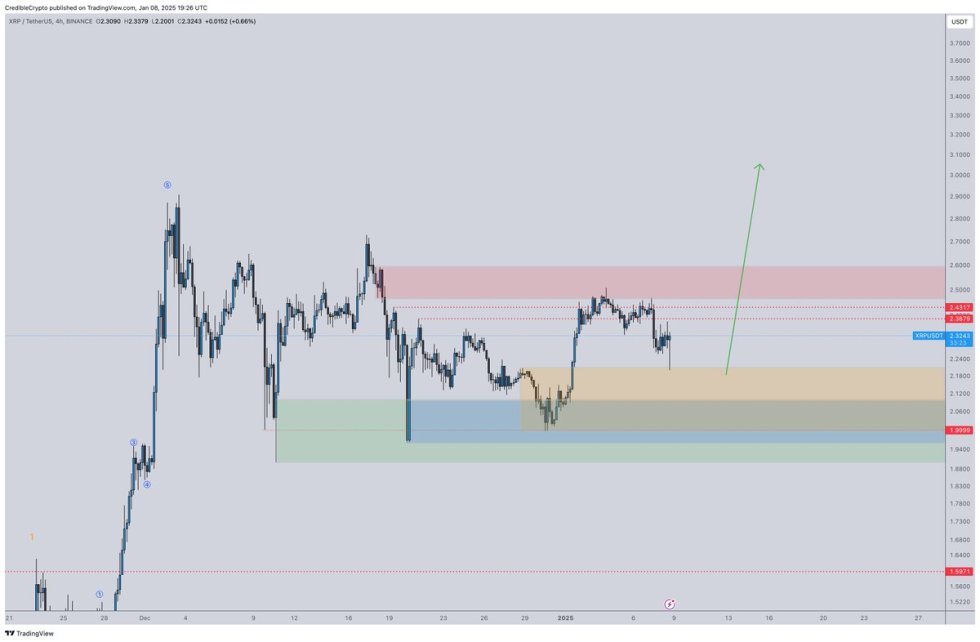


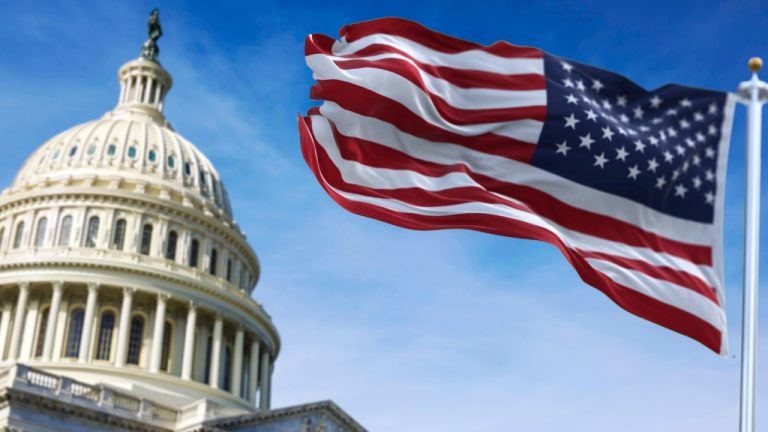

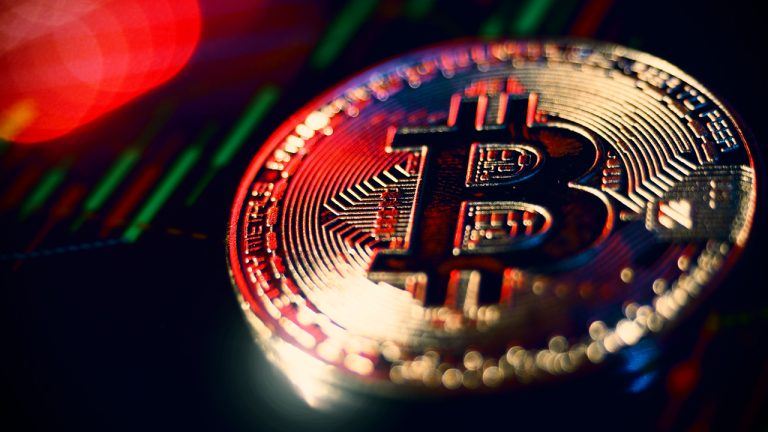
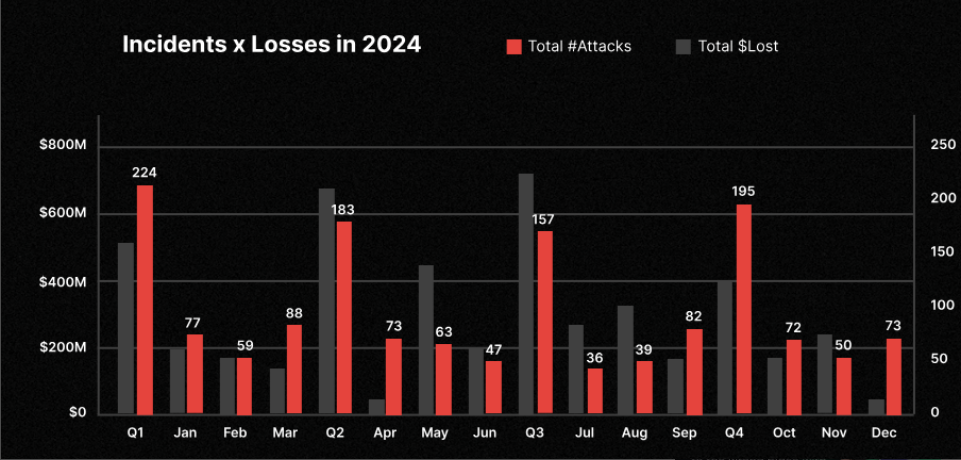
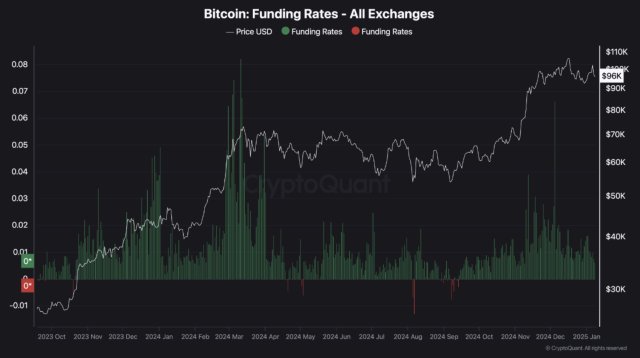




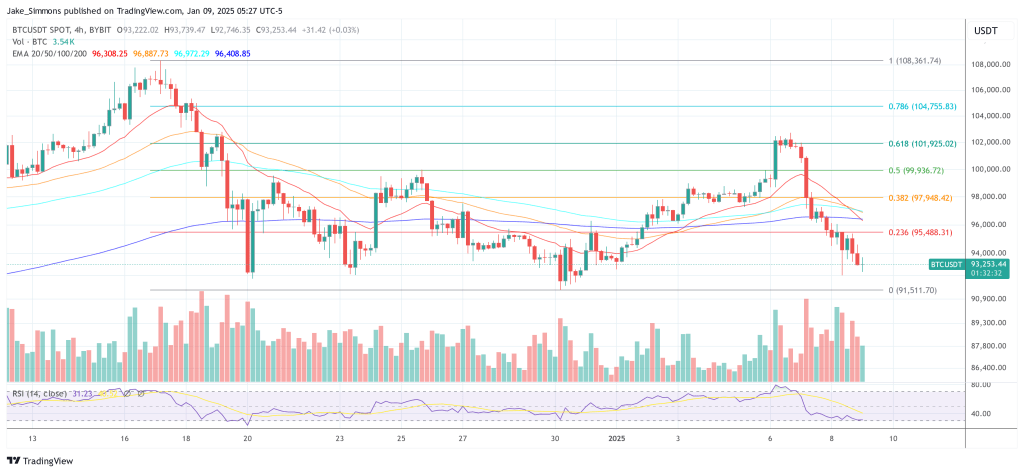


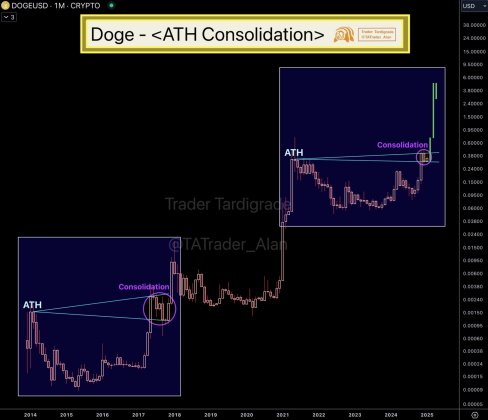
Comments